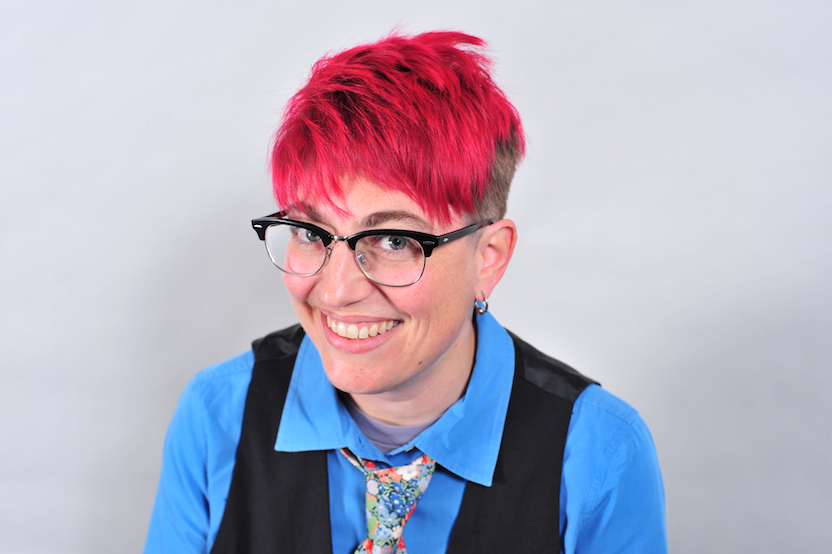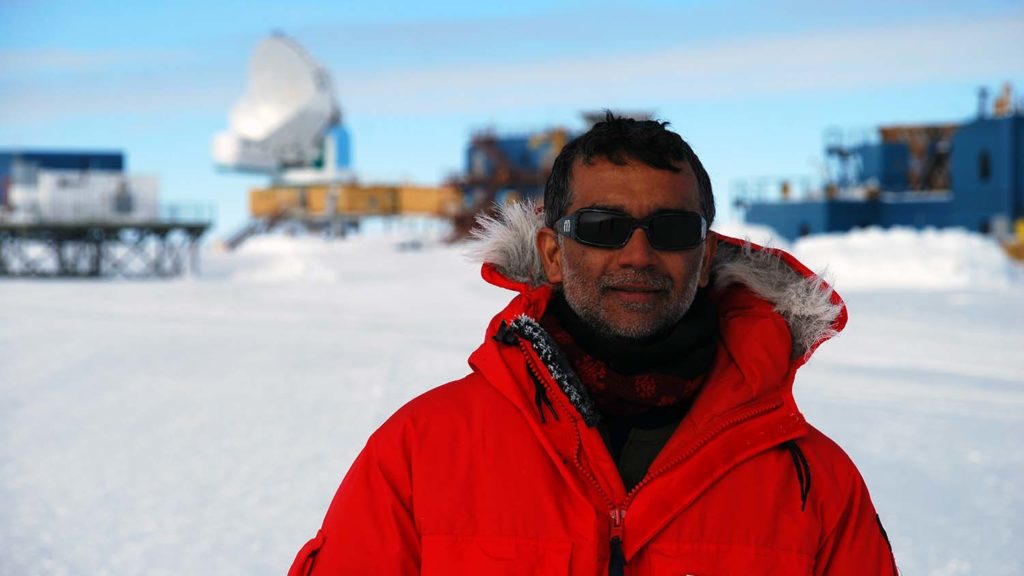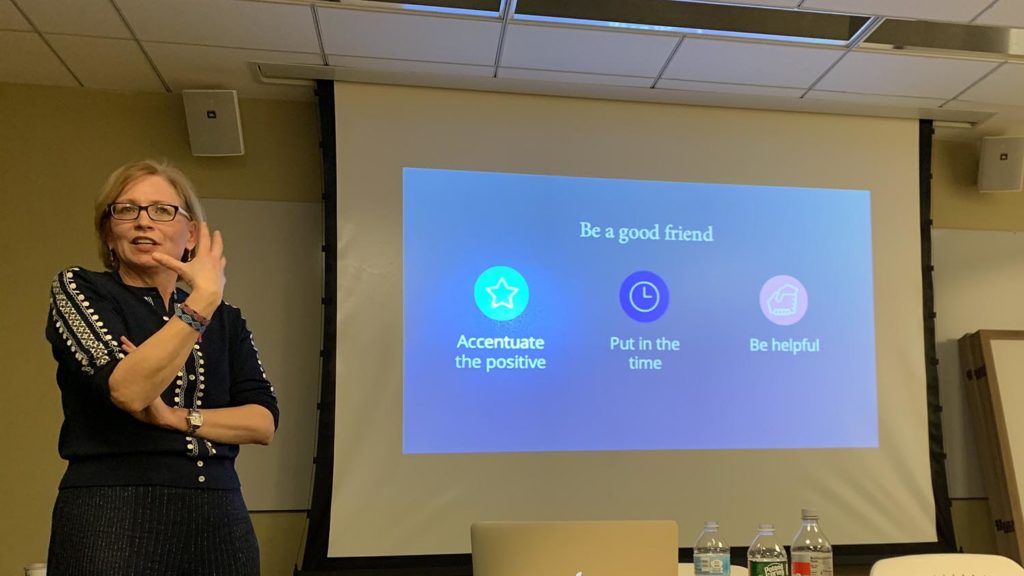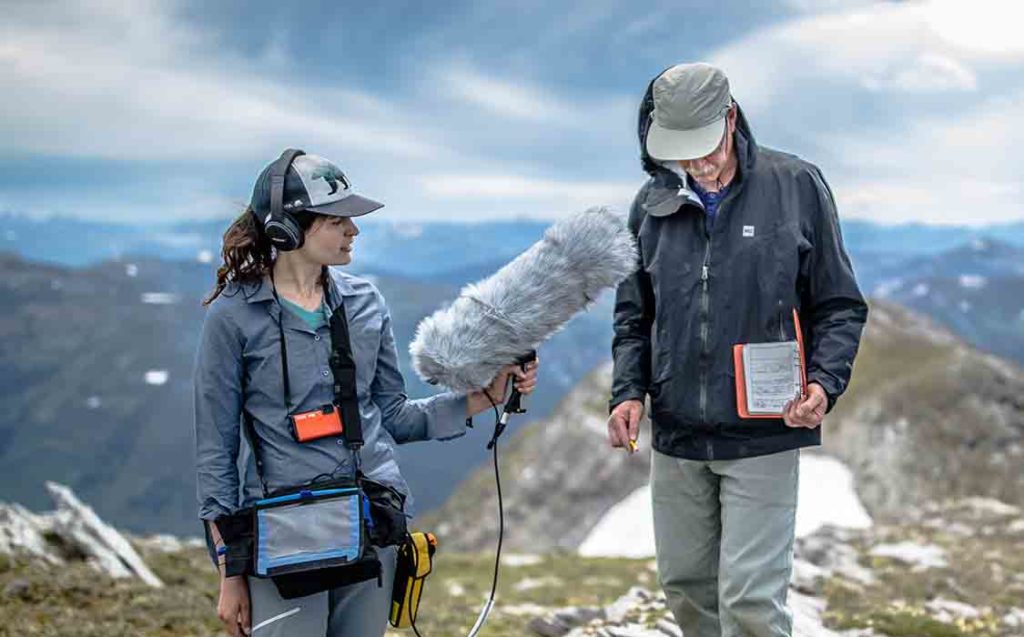From offering early advice on prepping for the pandemic to analyzing formative disasters in humanity’s more distant past, Newitz, an opinion contributor for The New York Times, has sought to help readers feel more prepared and empowered.
Meet This Year’s Fellows: Anil Ananthaswamy
Whether he’s standing on a frozen lake in Siberia or pondering the implications of the famous double-slit experiment, Anil Ananthaswamy takes concepts to the edge of the map, where scientific understanding and philosophy meet.
Author Lydia Denworth Makes a Scientific Case for Friendship
Denworth’s hour-long talk took the audience on a journey through the history of the scientific study of friendship, how we’ve come to appreciate its evolutionary and biological importance over time, and how to nurture these valuable relationships in our own lives.
Meet This Year’s Fellows: Molly Segal
A career audio storyteller, Segal has never been content to simply conduct interviews from her desk. “I want people to be somewhere when they listen to the stories I produce,” she says.


 "
" "
" "
" "
"